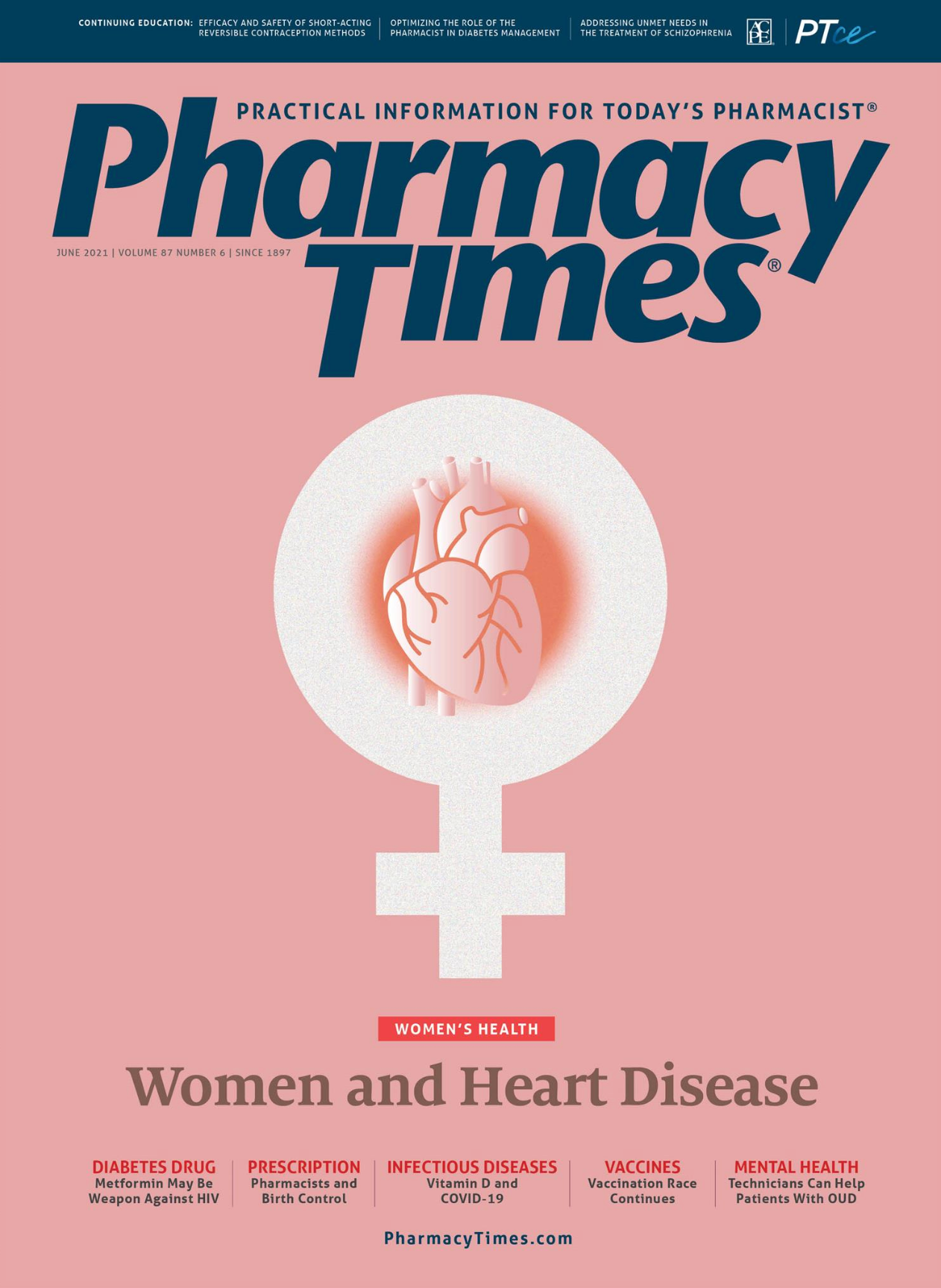Does Vitamin D Offer Protection Against COVID-19?
Vitamin D is classified as a fat-soluble vitamin and is synthesized in the skin from dietary or endogenous cholesterol when an individual is exposed to sunlight or ultraviolet radiation.1
The primary biologic function of vitamin D is to maintain normal blood levels of calcium and phosphorus.1,2 Vitamin D is added to some foods, available in dietary supplements, and presents naturally in some foods. Study results have shown a link between low levels of vitamin D and certain medical conditions such as autoimmune disorders, cardiovascular disease, dementia, depression, infectious disease, musculoskeletal decline, and some types of cancer.1,3
Some health experts disagree that vitamin D has a role in clinical outcomes of COVID-19 cases. Nonetheless, the use of vitamin D supplements increased at the beginning of the pandemic due at least in part to study results suggesting that lower levels of the vitamin are associated with elevated rates of serious COVID-19 infections and mortality rates.
An estimated 42% of Americans have a vitamin D deficiency, according to statistics presented by the Cleveland Clinic in 2018.4 In study results published in March 2021 in Journal of Clinical Endocrinology and Metabolism, 80% of more than 200 patients hospitalized with COVID-19 had a vitamin D deficiency.5
In another March 2021 publication, Meltzer et al noted that in a cohort study of 4638 individuals with a measured vitamin D level in the year before undergoing COVID-19 testing, the risk of having positive results in Black individuals was 2.64-fold greater with a vitamin D level of 30 to 39.9 ng/mL than a level of 40 ng/mL or greater, decreasing by 5% per 1 ng/ mL increase in level among individuals with a level of 30 ng/mL or greater.6 There were no statistically substantial correlations between vitamin D levels with COVID-19 positivity rates in White individuals. Investigators concluded that randomized clinical trials should be conducted to ascertain whether increasing vitamin D levels to greater than 30 to 40 ng/mL affects COVID-19 risk, especially in Black individuals.6 The investigators are recruiting participants for 2 separate clinical trials to test the efficacy of vitamin D supplements in preventing COVID-19. More information on these trials can be found at https://chess.uchicago.edu/vitd/.
In a May 2021 publication, Ma et al examined the prospective correlation between the habitual use of vitamin D supplements and the risk of
COVID-19 infection and assessed whether such an association differed according to patients’ levels of circulating and genetically predicted vitamin D.7
The investigators discovered that after adjustment for covariates, the habitual use of vitamin D supplements was substantially correlated with a 34% lower risk of COVID-19 infection. Circulating vitamin D levels at baseline or genetically predicted vitamin D levels were not linked with the risk of COVID-19 infection. The correlation between the use of vitamin D supplements and the risk of COVID-19 infection did not vary according to the different levels of circulating or genetically predicted vitamin D (P = .75 and .74, respectively). The investigators concluded that their findings imply that habitual use of vitamin D supplements is related to a lower risk of COVID-19 infection, although they could not rule out the possibility that the inverse relationship is because of residual confounding or selection bias. Further clinical trials are necessary to validate these results, they noted.7
Results from a study presented at the Endocrinology Society 2021 Annual Meeting held virtually in March indicated that hospitalized patients with COVID-19 and low vitamin D levels could have a decreased risk of dying or needing mechanical ventilation if they obtain at least 1000 units of vitamin D supplementation weekly.8
Conclusion
Pharmacists are likely to encounter patients seeking guidance on the selection and use of vitamin D supplements. Pharmacists should remind patients to adhere to the recommended dosages as directed by their primary health care providers or indicated by the manufacturer. Pharmacists also serve as excellent resources in identifying possible drug/ micronutrient contraindications and interactions. Patients taking other medications and those with chronic medical conditions should always consult their primary health care provider before taking any supplements.
Yvette C. Terrie, BSPharm, RPh, is a consulting pharmacist and a medical writer in Haymarket, Virginia.
REFERENCES
- Vitamin D. National Institutes of Health. Updated March 26, 2021. Accessed May 17, 2021. https://ods.od.nih.gov/factsheets/ VitaminD-HealthProfessional/
- Bridgeman MM, Rollins CJ. Essential and conditionally essential nutrients. In: Krinsky DL, Ferreri SP, Hemstreet B, et al, eds. Handbook of Nonprescription Drugs. 19th ed. American Pharmacists Association; 2017. doi:10.21019/9781582123172.ch23
- Hanmin W, Weiwen C, Dongqing L, et al. Vitamin D and chronic diseases. Aging Dis. 2017;8(3):346-353. doi:10.14336/AD.2016.1021
- Wheeler S. 42% percent of Americans are vitamin D deficient. Are you among them? Cleveland Clinic. July 1, 2018. Accessed May 19, 2021. https://www.cantonmercy.org/healthchat/42-percent-of-americans-are-vitamin-d-deficient/
- Hernández JL, Nan D, Fernandez-Ayala M, et al. Vitamin D status in hospitalized patients with SARS-CoV-2 infection. J Clin Endocrinol Metab. 2021;106(3):e1343-e1353. doi:10.1210/clinem/ dgaa733
- Meltzer DO, Best TJ, Zhang H, Vokes T, Arora VM, Solway J. Association of vitamin D levels, race/ethnicity, and clinical characteristics with COVID-19 test results. JAMA Netw Open. 2021;4(3):e214117. doi:10.1001/jamanetworkopen.2021.4117
- Ma H, Zhou T, Heianza Y, Qi L. Habitual use of vitamin D supplements and risk of coronavirus disease 2019 (COVID-19) infection: a prospective study in UK Biobank. Am J Clin Nutr. 2021;113(5):1275-1281. doi:10.1093/ajcn/nqaa381
- Supplements may protect those with low vitamin D levels from severe COVID-19. News release. Endocrine Society. March 20, 2021. Accessed May 19, 2021. https://www.endocrine.org/news-and-advocacy/news-room/featured-science-from-endo-2021/ supplements-may-protect-those-with-low-vitamin-d-levels-from-severe-covid19

